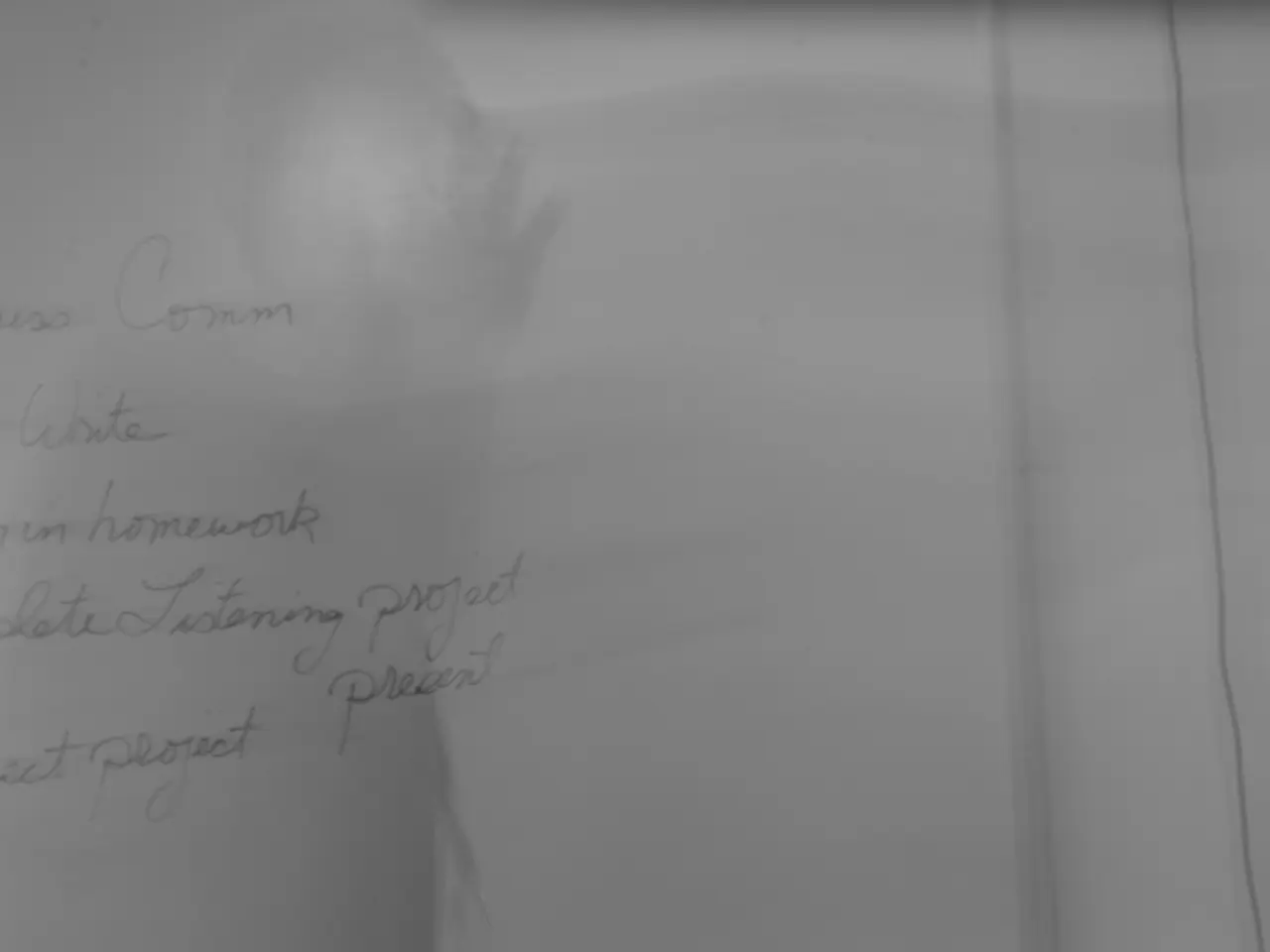Controversy Persists: Negotiation Impasse on Proposed Directive by Commission Remains Unresolved
Friedrich Merz, the tenth federal chancellor of Germany, is facing a significant decline in popularity, according to recent polls. Since his appointment on May 6, Merz's approval rating has dropped from 43% in February 2025 to a record low of around 29%.
The decline in Merz's popularity is largely due to the perception that his government is ineffective and unable to fulfill its promises, leading to dissatisfaction and a loss of trust among voters. This sentiment is reflected in the government's overall public support, which stands at about 37%.
One of the key factors behind Merz's unpopularity is his failure to curb the rise of the far-right Alternative for Germany (AfD). Despite his aim to stem the growth of the right-populist party, the AfD has surged past Merz’s Christian Democratic Union (CDU/CSU) to become the most popular party in Germany with 26% support compared to the CDU/CSU’s 24%.
Merz's coalition with the Social Democratic Party (SPD) is also struggling, holding only about 37% combined support. Voters are increasingly undecided or choosing not to vote, reflecting a broader disappointment. The coalition's instability and policy dissatisfaction are significant concerns.
Regional disparities in approval are also evident, with Merz's approval especially low in eastern Germany, where only about 20% approve of his leadership. This geographic divide highlights a broader political divide in the country.
In addition to these factors, Merz's communication style is poorly received by a majority of voters, with only 34% finding him convincing. The survey, conducted by Infratest dimap and commissioned by Bild am Sonntag, also suggests that the Germans do not view Merz as a good crisis manager.
However, at least eight out of ten Union voters continue to support Merz and trust him with the position. A survey by Infratest dimap for ARD "Germany trend" indicates that only 42% of respondents believe Merz is capable of being federal chancellor. The survey included 1,321 respondents.
In conclusion, dissatisfaction with Merz’s early performance, perceived broken promises, coalition challenges, and the electorate's shift toward the far-right AfD all contribute to his declining popularity in recent polls. These findings underscore the need for Merz to address these concerns and regain the trust of the German electorate.
The decline in Friedrich Merz's popularity can be attributed to the perception of his government's ineffectiveness, his failure to curb the rise of the far-right Alternative for Germany (AfD), and the growing dissatisfaction with his communication style. Moreover, the coalition with the Social Democratic Party (SPD) is struggling, and regional disparities in approval are evident, particularly in eastern Germany. These factors have contributed to Merz's declining popularity in recent policy-and-legislation and general-news headlines, highlighting the need for him to address these concerns and regain the trust of the German electorate.





